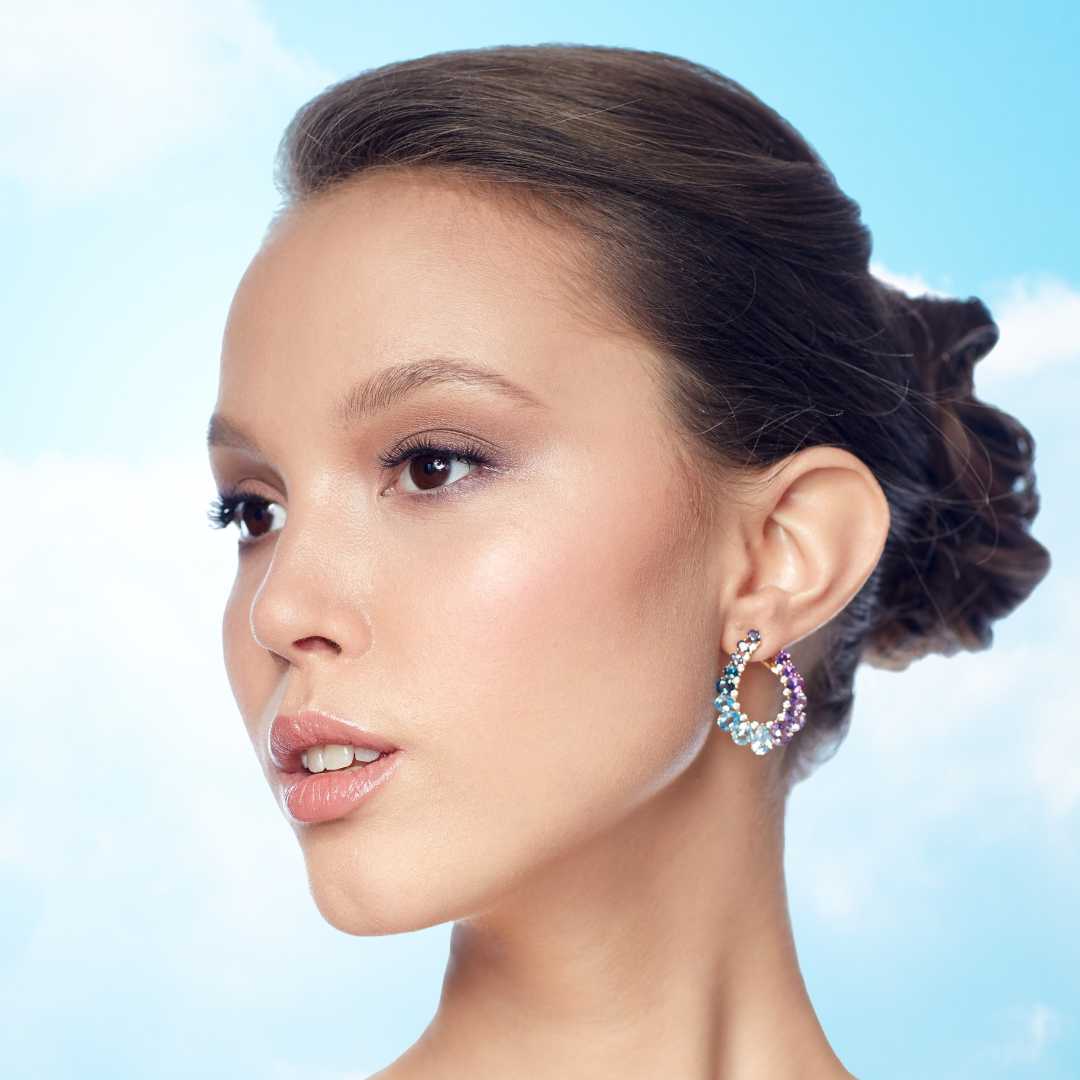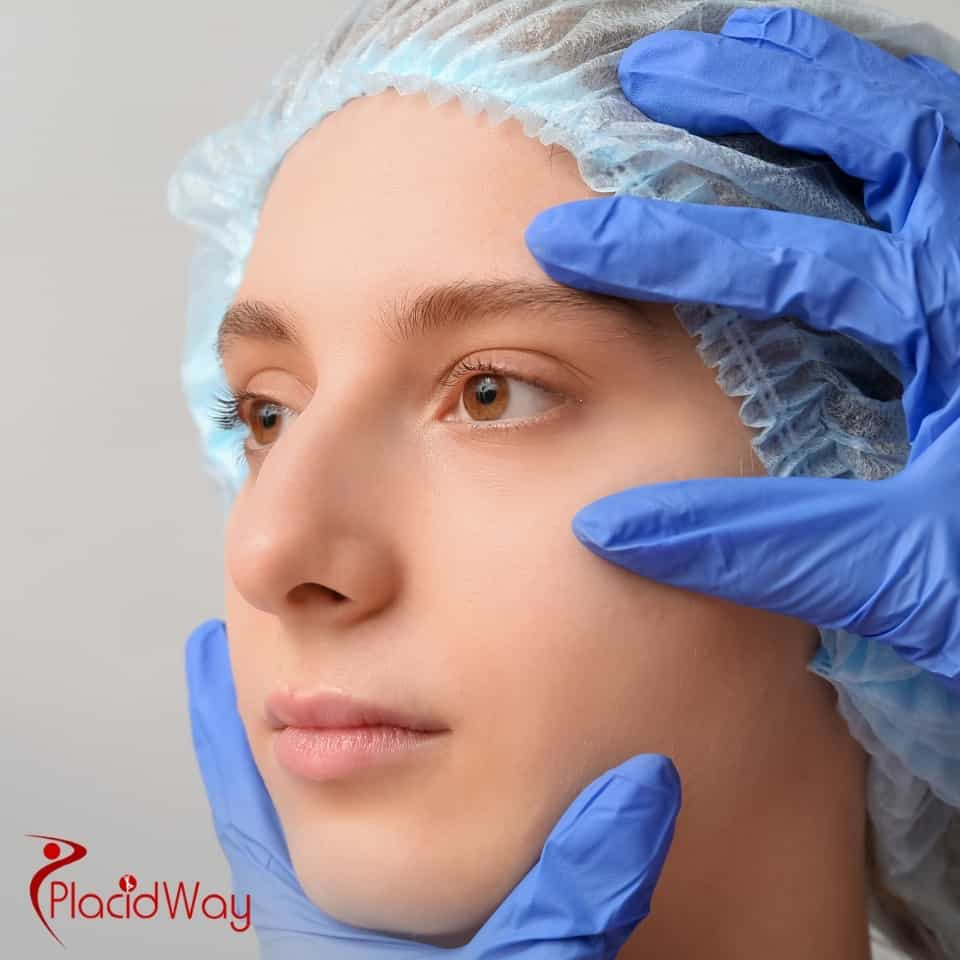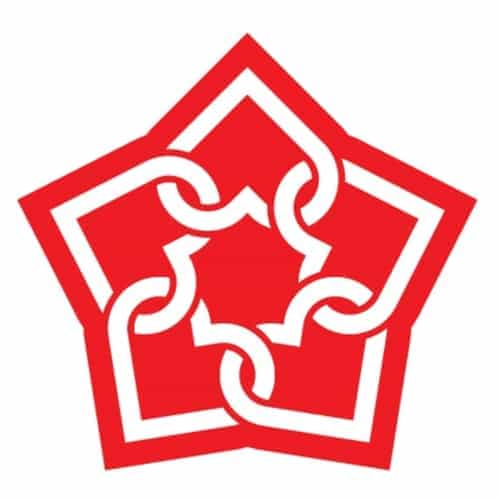Rhinoplasty in Turkey: What to Know
.png)
Considering a nose job while exploring Turkey? Cities like Istanbul and Izmir attract thousands seeking rhinoplasty each year for high-quality care, experienced surgeons, and costs far below Western prices. Beyond surgery, success requires preparation: understanding the culture, setting realistic expectations, and planning for a smooth recovery.
In this guide, we'll cover the key things I wish I had known before my own rhinoplasty in Turkey. We'll explore the real costs, how to find a trustworthy surgeon, and what the recovery process is truly like. By the end, you will be equipped with the information you need to make an informed decision and have a successful and rewarding experience.
What is the cost of rhinoplasty in Turkey compared to other countries?
Turkey is popular for cosmetic surgery primarily due to affordability. Lower living costs and favorable exchange rates allow clinics to offer competitive, all-inclusive packages covering surgery, hospital stay, anesthesia, medications, post-op check-ups, and sometimes airport transfers and accommodation. However, always verify costs and avoid deals that seem too good to be true, as prices vary by surgeon experience, procedure complexity, and clinic type.
| Procedure | Average U.S. Cost (USD) | Average Turkey Cost (USD) | Estimated Savings |
|---|---|---|---|
| Primary Rhinoplasty | $8,000 - $15,000 | $2,500 - $4,500 | 60% - 70% |
| Revision Rhinoplasty | $9,000 - $20,000 | $3,500 - $6,500 | 60% - 70% |
| Tip Rhinoplasty | $7,000 - $15,000 | $2,700 - $5,000 | 50% - 60% |
These figures are estimates, but they clearly show the substantial savings. The lower costs are not due to a lack of quality but rather lower operational expenses and government support for medical tourism, which helps keep prices down.
Is the quality of rhinoplasty in Turkey safe and reliable?
Safety is paramount when choosing a medical procedure. Turkey’s private hospitals and clinics are often JCI-accredited, meeting global standards for patient care. Many plastic surgeons are trained in the U.S. or Europe and belong to international societies, ensuring they stay current with the latest techniques and technologies.The key to a safe experience is thorough research. Do not simply choose the cheapest option you find on social media. Instead, look for:
- Surgeon Credentials: Verify that the surgeon is board-certified and has extensive experience specifically in rhinoplasty. Look for a large portfolio of before-and-after photos that demonstrate their skill and ability to produce natural-looking results.
- Clinic Reputation: Read patient reviews on independent platforms and forums. Pay attention to feedback on cleanliness, staff professionalism, and post-operative care.
- Technology: High-quality clinics use advanced technology, such as 3D imaging for pre-surgical planning and ultrasonic rhinoplasty, which can lead to less bruising and faster recovery.
By doing your homework, you can confidently choose a clinic that prioritizes your safety and satisfaction. The high volume of procedures performed in Turkey also means that surgeons have a great deal of experience, which can contribute to better outcomes.
How long do I need to stay in Turkey for a rhinoplasty?
The duration of your stay is a critical part of the planning process. A rhinoplasty is not a quick in-and-out procedure, and you will need to allow sufficient time for initial healing and follow-up appointments before you are cleared to fly home. The typical timeline is as follows:
- Day 1: Arrival and initial consultation with the surgeon. This is where you finalize the plan and undergo any pre-operative tests.
- Day 2: Surgery day.
- Days 3-7: Initial recovery. This period is dedicated to resting and allowing the major swelling and bruising to subside. You will have a cast and splint on your nose.
- Day 8-10: Cast removal and final check-up. The surgeon will remove your cast and give you detailed aftercare instructions. It's during this time that you will get your first glimpse of your new nose.
It is important not to rush this process. Flying too soon after surgery can be risky due to changes in air pressure, which can affect swelling and discomfort. Many clinics recommend a minimum of a one-week stay. Some patients choose to stay for two weeks to allow for more recovery time and to enjoy some of the local sights before heading home. Make sure to discuss your recovery timeline with your surgeon and plan your travel accordingly.
What should I expect during the rhinoplasty consultation in Turkey?
The initial consultation is where your rhinoplasty journey begins, either via video call before your trip or in person upon arrival. The surgeon will assess your facial structure, skin quality, and nose shape, so be honest about your goals and bring reference photos.
Many clinics use 3D imaging to simulate results, helping align expectations. Use this time to ask about the surgeon’s experience, anesthesia, and post-operative care—clear communication is key to a successful outcome.
What is the recovery process like after a rhinoplasty in Turkey?
Recovery is just as important as the surgery. In the first few days, expect swelling, bruising, and some discomfort, especially around the eyes. You’ll have a nasal splint and possibly packing inside your nostrils, which can make breathing through your nose difficult, so mouth breathing will be necessary temporarily.
After a week, the cast and splint are removed, and you can see a preliminary result. However, it is important to remember that this is not the final result. Your nose will still be swollen, and the shape will continue to change as the swelling goes down over the coming months. You should follow your surgeon's instructions for aftercare very carefully, which will include:
- Avoiding strenuous activity.
- Sleeping with your head elevated.
- Using cold compresses to reduce swelling.
- Avoiding glasses and sun exposure.
The majority of the swelling will be gone by 3-6 months, but the final, subtle changes can take up to a full year to appear. Patience is a key part of the recovery process. You should also be aware that long-term follow-up care can be challenging when you return home, which is why it's so important to choose a clinic that offers remote support.
What about communication and language barriers in Turkey?
A major concern for anyone traveling abroad for a medical procedure is the language barrier. Fortunately, clinics that specialize in medical tourism in Turkey are well-prepared for this. Clear communication is a priority in top Turkish clinics. Many have English-speaking patient coordinators, and surgeons trained abroad often speak excellent English.
They’ll explain your treatment, risks, and aftercare thoroughly, and some clinics even provide a personal assistant or translator. Always confirm this during your initial virtual consultation to ensure comfort and peace of mind.
For a seamless and stress-free medical tourism experience, explore the comprehensive solutions offered by PlacidWay. PlacidWay can connect you with top-rated, internationally accredited clinics and surgeons in Turkey, ensuring you receive high-quality care at an affordable price, with all the support you need to plan a successful trip.


.png)





.png)

.png)






Share this listing